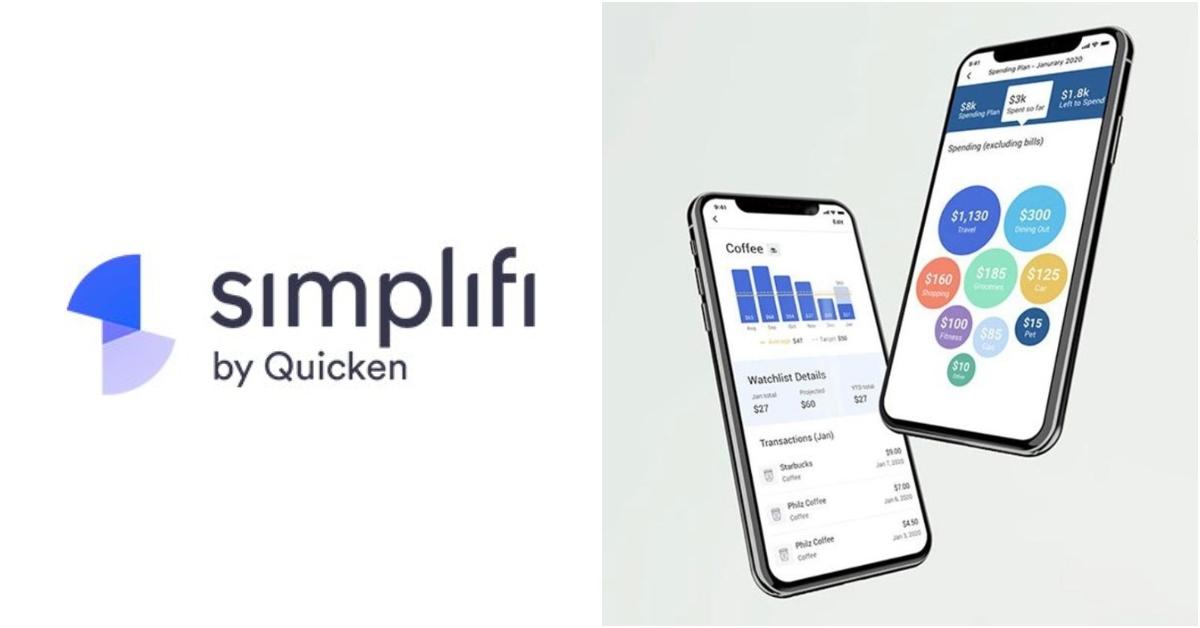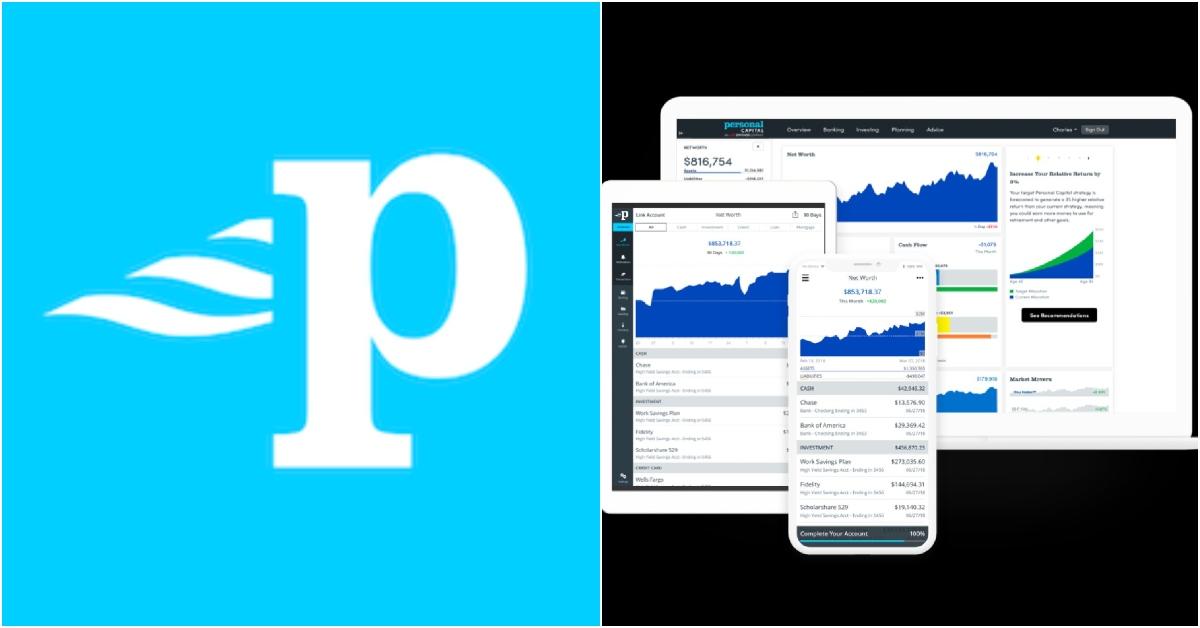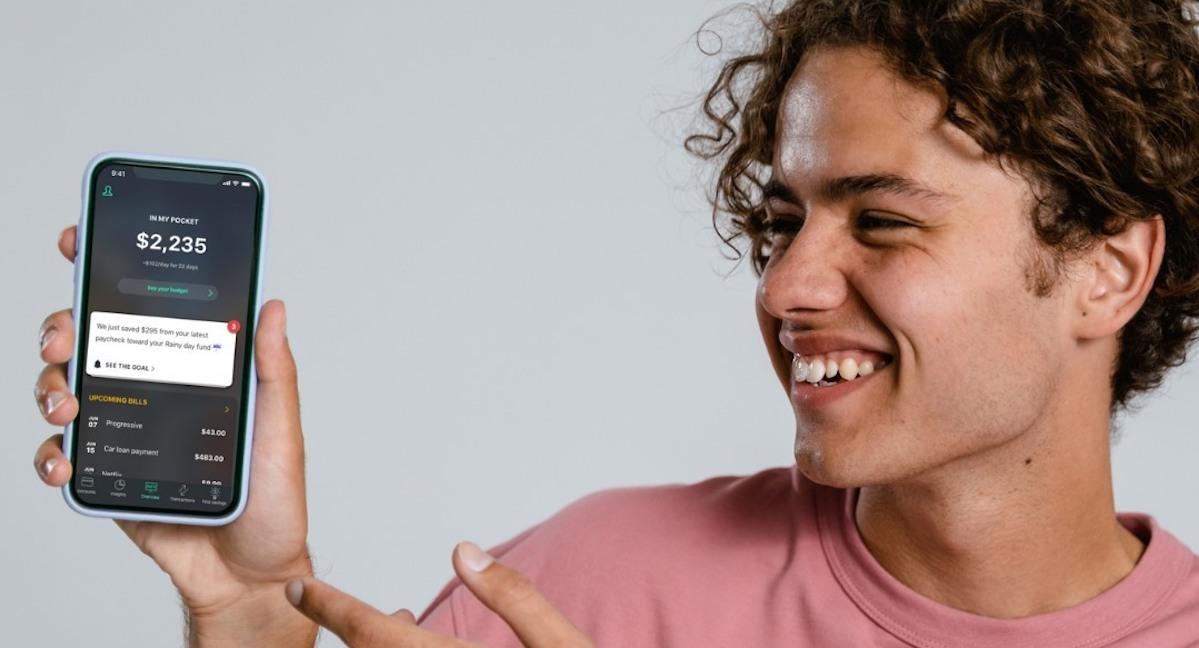Here Are the 5 Best Personal Finance Apps You Need to Download Now
What are the best apps for managing your personal finances? Here is a list of some of the best apps to download for budgeting, saving, and more!
Feb. 8 2022, Published 1:41 p.m. ET

Getting your personal finances under control is an important factor in adulthood, making the difference between staying afloat or drowning in debt.
However, there are hundreds of personal finance apps to choose from, which can be overwhelming.
Luckily, there are a few that stand out from the crowd.
Here's a look at five personal finance management apps — both free and paid — that you should download if you need some help budgeting and saving money in 2022.
1. Simplifi

Simplifi provides a customized spending analyzer to let the user know how much money they've spent in a month and how much money they have left.
Simplifi also allows users to sync their bank accounts to show them how much money they've saved. The app costs $35.99 per year but offers a 30-day free trial.
Additionally, Simplifi will provide alerts on upcoming bills and subscriptions (including subscriptions that aren’t being used). The application's pros include its cash flow tools, mindful spending watch lists, and free 30-day trial. Its cons include the annual cost and some technical problems.
2. PocketGuard
PocketGuard charges users $7.99 monthly or $79.99 annually to help them stop overspending.
Users get access to daily notifications that share how much money can be saved, and they can activate limits to monitor how much they're spending daily and monthly. They can also link their bank accounts and credit cards to their spending analyzer.
Reminders can be set for when bills are due, and the application’s algorithm keeps users on track to reach their financial goals based on their income. PocketGuard also has a saving feature that lets users set a specific goal, and the app moves the money for that goal into an FDIC-insured bank account.
PocketGuard is easy to use and navigate, though CNBC has pointed out that the premium version costs more but lacks phone support. There have also been complaints about technical issues.
3. Personal Capital

Personal Capital is geared toward finance and wealth management. Users can link their bank accounts, retirement plans, loans, and mortgages to their profiles to track their spending habits.
They can also track their portfolio, which is arranged in the app by account, asset, and security. Personal Capital provides insights on risk management, diversification, and hidden fees.
There are also certified financial advisors that can give users personalized advice, and the option to add on investment management for an additional fee. Without such options, the app is free to use. Personal Capital is rated 4.5 by Forbes Advisor and 4.7 by Apple's App Store. The app is accessible from mobile and desktop.
4. Intuit Mint
In 2022, Investopedia named Mint the best budgeting app overall. Mint is owned by Intuit, which also owns TurboTax and QuickBooks. Nearly 25 million people use the free app for their budgeting needs.
Mint allows people to link their accounts to create a budget based on their past spending habits. The app also provides free information on the user’s credit score and notifies them when their score changes. It also notifies them when subscription costs go up and bills are due.
Some say Mint has more pros than cons. Its pros include the fact that it's free, the budget settings are customizable, and the app is desktop-compatible. The cons are that there are occasional connection issues, and there are ads.
NerdWallet has pointed out that while Mint is good for tracking money after it's spent, it isn't as helpful for planning ahead.
5. You Need a Budget (YNAB)
You Need a Budget, a paid app, helps users save and manage their money and get out of debt. Unlike Mint, YNAB focuses on future spending and possibilities. The app works by helping people arrange their spending priorities through goal tracking, workshops, and support from YNAB staff.
YNAB has claimed that the average user has saved $600 in their first few months and over $6,000 in their first year.
The app is free for 34 days (12 months for students), and then costs $14.99 per month (or $98.99 per year). The popular app has a 4.8 rating on App Store.
The pros of the app include the live support from YNAB staff and webinars. It's also accessible from several devices and shareable with others. According to Forbes, some of the app's cons include insufficient investment tracking and an interface comparable to a Microsoft Excel spreadsheet.

